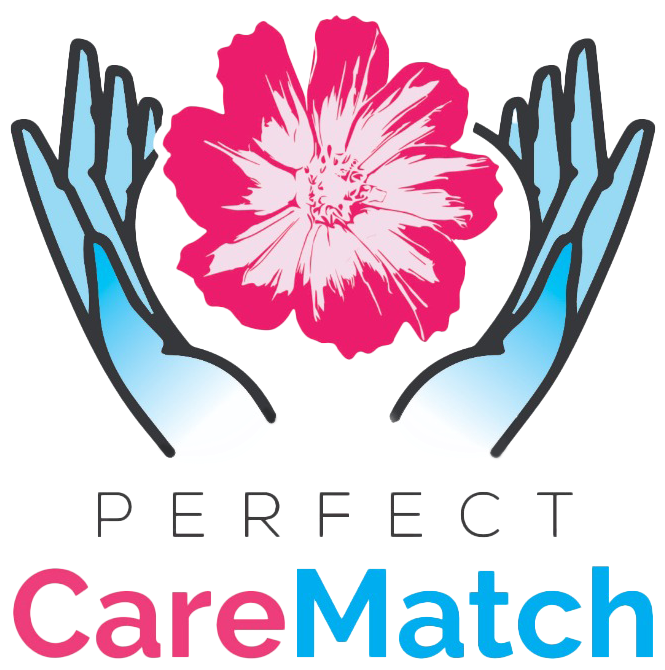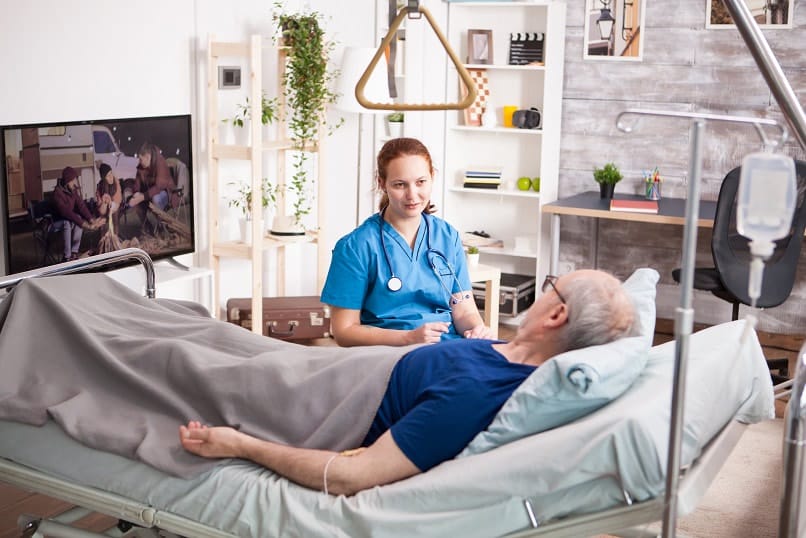Hospice is specialized care for people diagnosed with a terminal illness and a life expectancy of less than 6 months. The most common diagnoses for people on hospice are dementia, cancer, stroke, and heart or lung disease. Approximately 1.6 million Americans are receiving hospice services at any given time. Some people are discharged from hospice after their conditions improve. Services are covered by Medicare and Medicaid and more people are electing to receive in-home end-of-life (EOL) care than ever.Hospice vs palliative care
Palliative care is a model that can help patients understand their choices for medical treatment. Patients continue treatments like chemotherapy and radiation or choose to receive other medical procedures that may increase their chances of survival. Hospice care focuses on comfort once the person decides they no longer wish to continue curative treatment.
A good end of life experience
Hospice’s priority is alleviating distressing symptoms as the patient approaches the end of the life cycle. Contrary to the beliefs of some, hospice doesn’t hasten the process of death; in truth, hospice care includes palliative care to relieve symptoms and give social, emotional, and spiritual support.
Comfort measures typically include medicines like morphine to ease pain and promote unlabored breathing, lorazepam for anxiety, sometimes haloperidol for patients experiencing distressing hallucinations and fearfulness, supplemental oxygen, and bowel management medications. All of these symptoms are typical at EOL. Occasionally IV fluids are administered; however, fluids typically put more strain, and therefore more discomfort, on the body as systems start to fail, as do invasive feeding tubes.
Comfort care includes personal assistance with hygiene, wound care, help with feeding, skilled therapies as indicated, and respite care for families. Visits from social workers and clergy help families and patients work through their fears and concerns as death approaches. Volunteers come for friendly visits. Nursing assistants or home health aides help with personal care needs.
Hospice care process
When the topic of hospice and EOL care comes up, it is a moment of trepidation. Many thoughts and feelings go through the minds of the client and their loved ones; oftentimes the first realization is that the client’s final moments are approaching. Although different cultures and spiritual philosophies view death in various ways, facing the unknown can be downright frightening.
While the person’s PCP may initiate a frank discussion, patients and families make the final decision to commence hospice care; they decide that medical treatments create more suffering by prolonging death. The PCP makes a referral to hospice, whose medical director will certify that the patient’s condition is terminal, with six months or less to live. The medical director makes further certifications every six months as needed. A registered nurse will assess the patient’s individual needs, develop a care plan and coordinate services. The patient and family can choose the services they feel are most important, or decline those that they aren’t interested in; for example, forgoing a chaplain in favor of their personal spiritual advisor. If the family or patient elects to discontinue hospice for any reason, the patient is discharged.
Perfect Care Match provides in-home hospice support
PCMatch works alongside hospice agencies to ensure the client and family are totally supported all the way through the EOL process. We continue our important work in the client’s home to ensure quality of life and comfort by anticipating and meeting the needs of those for whom we are caring. PCMatch is here for you.

